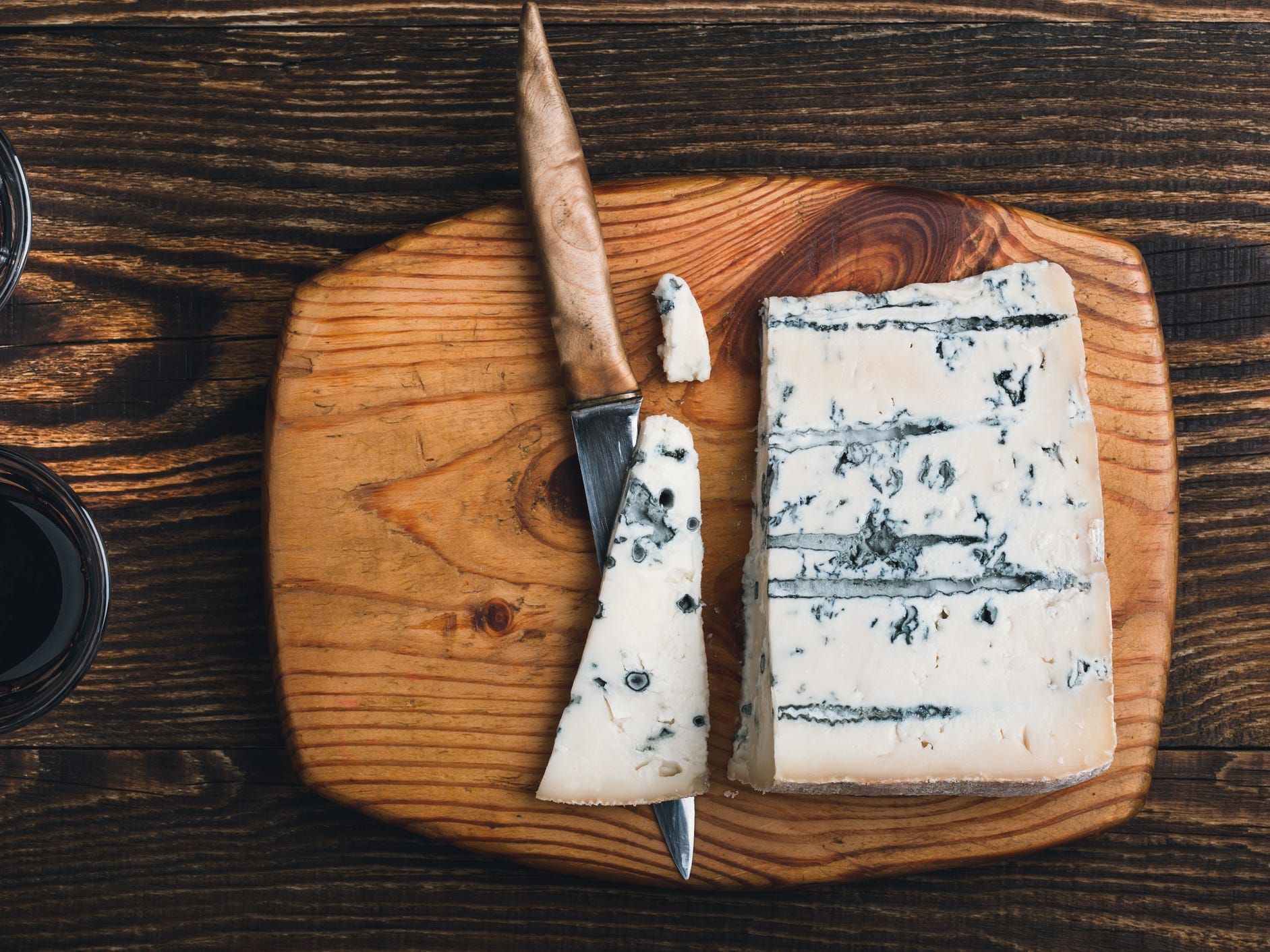
bhofack2/Getty Images
- It's totally okay to freeze bulk cheese or cheese that you intend to use for cooking.
- If you do so, repackage it into smaller portions so you can just thaw what you need.
- Don't freeze artisanal cheese, because it will affect its texture and flavor.
- Visit Insider's Home & Kitchen Reference library for more stories.
Freezing cheese alters its texture and can dull its flavor, which is why cheesemongers and professionals like myself so fervently warn against it. But, you absolutely can freeze bulk cheeses or anything you plan to cook with.
If you smuggle home a beautiful piece of raw milk Brie from Paris, you may be tempted to freeze some or all of it to extend your time with it. Unfortunately, doing so will make it mushy and unpleasant. Any cheese intended for a cheese board should not be frozen.
But, if you have a big bag of shredded cheddar or other cheese you know you'll just use for cooking, freezing cheese is perfectly acceptable.
One thing to consider is that some cheeses may last longer in your fridge than you realize. We'll cover the shelf life for various cheeses here, too.
Best cheeses to freeze

VeselovaElena/Getty Images
Will freezing cheese that you plan to cook with still compromise its flavor and texture? Yes. It's not really that these cheeses freeze much better than other cheeses, but if they're not intended as the main source of flavor or texture for your meal, it's not a big deal. Also, the more processed a cheese is, the less noticeable the difference will be.
A few great cheeses to freeze:
- Anything you plan to cook with, from ricotta to cheddar shreds
- Pre-grated cheese
- Anything purchased in bulk
- Cheese rinds you'll use for stock or flavoring stews, beans, or other dishes (Parmigiano Reggiano is the most classic here)
Don't freeze these cheeses

bhofack2/Getty Images
Anything you plan to enjoy as a snack or serve on a cheeseboard. This could include but is not limited to brie-styles (which cheesemongers call "bloomy rinds"), blue cheese, cheddar, and other cheeses that you would buy in a wheel or block or wedge. Softer cheeses, especially, will suffer texturally if frozen.
How long does cheese last in the refrigerator?
Certain styles of cheese last long enough in the fridge, there's really no need to freeze them at all.
The rule of thumb is: The more moisture in your cheese, the faster it will go bad.
Something like fresh ricotta will last in your fridge three to five days. On the flip side, a hunk of hard cheese like Parmigiano Reggiano could last for as long as you need it to and never go moldy. Brie-styles will generally last seven to 14 days, and anything semi-firm will last 10 to14 days in your fridge. Hard cheeses aged eight to 10 months may last up to 21 days. A full wedge of unwrapped cheese will also generally last longer than smaller pieces that have been unwrapped and rewrapped.
The exact shelf life depends on how fresh the cheese was when you bought it, though, so always check the best-buy date (and look for information on when the cheese was cut if you're buying wedges from your cheese counter). Cheesemongers recommend buying smaller amounts more frequently rather than taking fewer trips where you buy more.
Can you eat moldy cheese?

istetiana/Getty Images
If you've chosen not to freeze your cheese, and you don't eat it quickly enough, eventually the inevitable will occur. It will start to grow mold. The good news is that most cheese is fine to eat, even if there's a bit of mold on it. Just don't eat the moldy part.
Very soft cheeses like ricotta, chevre, or fresh balls of mozzarella are the exception. They should not be eaten if they have mold on them. These styles should smell fresh and milky, and will usually start smelling yeasty or sour when they're bad, even if they don't have mold.
For all other styles, a bit of mold is okay. If you see green, white, grey, and blue molds, just slice off the mold and continue to enjoy your cheese. If red or black mold grows on your cheese, throw the cheese out and give your fridge a good scrub with disinfectant. You don't want to mess around with that stuff.
Insider's takeaway
Freezing bulk cheese can be a great way to extend its usefulness. Feel free to freeze any cheese you intend to cook with. It will last three to six months when properly packed and frozen. Thawing it slowly in the fridge rather than on the counter or in the microwave will help minimize changes in texture and flavor. Don't freeze cheese that you plan on enjoying with wine or crackers, but instead buy smaller amounts more often.
